|
One-line paragraphs are powerful tools that pull readers into your story and compel them to turn the page. This post explores why they work and offers some examples of smashing shorties that pack a punch!
|
|
The memories arrive in a blink.
One moment nothing. The next, he knows exactly where he is, the full trajectory of his life since Helena found him, and exactly what the equations on the blackboard mean. Because he wrote them. They're extrapolations of the Schwarzschild solution, an equation that defines what the radius of an object must be, based upon its mass, in order to form a singularity. That singularity then forms an Einstein-Rosen wormhole that can, in theory, instantaneously connect far-flung regions of space and even time. |
One minute the memories aren’t there; the next they are. The beat of their arrival is reflected in the way the prose is formatted. We’re therefore shown how the viewpoint character experiences the lightning-speed download of knowledge, and as a result we feel it all the more intensely.
Decelerating reading speed
Such speedy reading can lead to skimming because we relax into the flow of the narrative. One-line paragraphs, however, stand out because they contrast so starkly with the longer passages, surrounded as they are by so much white space.
Text that stands out begs for our attention and forces us to slow down and focus on each word. And that means it’s not only the rhythm of the prose that’s changed; so has the rhythm of how we’re interacting with it as readers.
Take a look at this example on p. 470 of The Good Daughter by Karin Slaughter (HarperCollins, 2017).
|
There was more tapping, more tracking, and then colours on the screen were almost too much. The blacks were up so far that gray spots bubbled through the midnight fields.
Charlie suggested, “Use the blue on the lockers as a color guide. They’re close to the same blue as Dad’s funeral suit. Ben opened the color chart. He clicked on random squares. “That’s it,” Charlie said. “That’s the blue.” “I can clean it up more.” He sharpened the pixels. Smoothed out the edges. Finally, he zoomed in as close as he could without distorting the image into nothing. “Holy shit,” Charlie said. She finally got it. Not a leg, but an arm. Not one arm, but two. One black. One red. A sexual cannibal. A slash of red. A venomous bite. They had not found Rusty’s unicorn. They had found a black widow. |
The non-bold text is what we’re most used to seeing. It makes for a comfortable, leisurely, skimmable read. But when we get to the bold single-line paragraphs, the contrast is visible on the page. Our reading pace decelerates and our attention zooms in on every word.
Emphasizing key information
Because the one-liner stands out, it’s an opportunity for centre-staging. Here’s a great example from Harlan Coben’s Win, p. 38 (Century, 2021).
|
Respect, yes. Bow, no. I also don’t use these techniques,
per the platitude, “only for self-defense,” an obvious untruth on the level of “the check is in the mail” or “don’t worry, I’ll pull out.” I use what I learn to defeat my enemies, no matter who the aggressor happens to be (usually: me). I like violence. I like it a lot. I don’t condone it for others. I condone it for me. I don’t fight as a last resort. I fight whenever I can. I don’t try to avoid trouble. I actively seek it out. After I finish with the bag, I bench-press, powerlift, squat. When I was younger, I’d have various lifting days—arm days, chest days, leg days. When I reached my forties, I found it paid to lift less often and with more variety. |
Coben wants us to know something about his protagonist Windsor Horne Lockwood III, something we might find distasteful and hard to fathom. Nevertheless, it’s central to the characterization; Win’s actions throughout the novel don’t make sense unless we know this. Coben ensures we don’t miss it.
Creating clutter-free immediacy
This can reduce narrative distance – the space between the reader and the viewpoint character.
Here’s beautiful example from p. 296 of The Cold Cold Ground by Adrian McKinty (Serpent’s Tail, 2012)
|
“You had to stick your fucking neb in, didn’t ya? You had to open your big yapper. Can’t you fucking take a hint? After all them ciggies we give you too,” he said.
He raised the gun. I closed my eyes. Held my breath. A bang. Silence. When I opened my eyes again Bobby Cameron was staring at me and shaking his head. Billy White was dead to my left with the back of his head blown off. |
The narration is first person, so it’s already immersive. But the one-line paragraphs in bold drive us deeper into Sean Duffy’s experience. There’s no fluff, no filtering, no cluttering description.
Each moment of the action is presented oh so precisely, slamming us into the now of the novel – the weapon being raised, Duffy’s physical response, then what he hears: first a bang, then nothing.
In five lines and fourteen words, McKinty shows us something powerful – that he trusts us to get it. We don’t know for sure what Duffy is feeling. It could be sadness, terror, anger, resignation, or a combination of some or all those things.
The author’s had the courage to leave it to us, to allow us to imagine what this moment means internally for Duffy, rather than forcing us one way or another. In doing so, we get to be Duffy for a while rather than a fly on the wall. The narrative distance is so small, it’s barely perceptible.
Delivering suspenseful chapter finales
When that yearning is encapsulated in one line, it stands out and demands that we turn the page.
Here are the final two paragraphs from p. 132 of David Rosenfelt’s Open and Shut (Grand Central Publishing, 2002)
|
The next morning, to my undying shame, I did not withdraw my request. I had the time of my life at camp that summer, and I know now that my father, so desperate for me to go that he was in terrible pain, had millions of dollars that he refused to touch.
Money that he did not make delivering newspapers. [Chapter ends] |
There is only one question on the reader’s mind as the chapter closes: So how did his father make all that money?
And because the answer lies beyond – maybe in the next chapter, maybe right at the end of the book – we turn the page.
Why less is more
One-liners pack the biggest punch when they’re used now and then as a tool with which to vary the pulse of your prose and deepen your reader’s immersion in the world you’ve created.
Save them for best so that they stand out.
More writing and editing resources
|
She is an Advanced Professional Member of the Chartered Institute of Editing and Proofreading (CIEP), a member of ACES, a Partner Member of The Alliance of Independent Authors (ALLi), and co-hosts The Editing Podcast.
- Get in touch: Louise Harnby | Fiction Editor & Proofreader
- Connect: Twitter at @LouiseHarnby, Facebook and LinkedIn
- Learn: Books and courses
- Discover: Resources for authors and editors
I am grateful for all your teaching materials you have made available. This 1 line paragraph concept of yours meets well the beat approach. I am keen on implementing them in my work.Thanks a lot.
A very good post, Louise. Perfect examples of how less is more. I'm glad you included the note to use them sparingly. As with all good writing, moderation is key.
Leave a Reply.
BLOG ALERTS
TESTIMONIALS
Dare Rogers
'Louise uses her expertise to hone a story until it's razor sharp, while still allowing the author’s voice to remain dominant.'
Jeff Carson
'I wholeheartedly recommend her services ... Just don’t hire her when I need her.'
J B Turner
'Sincere thanks for a beautiful and elegant piece of work. First class.'
Ayshe Gemedzhy
'What makes her stand out and shine is her ability to immerse herself in your story.'
Salt Publishing
'A million thanks – your mark-up is perfect, as always.'
CATEGORIES
All
Around The World
Audio Books
Author Chat
Author Interviews
Author Platform
Author Resources
Blogging
Book Marketing
Books
Branding
Business Tips
Choosing An Editor
Client Talk
Conscious Language
Core Editorial Skills
Crime Writing
Design And Layout
Dialogue
Editing
Editorial Tips
Editorial Tools
Editors On The Blog
Erotica
Fiction
Fiction Editing
Freelancing
Free Stuff
Getting Noticed
Getting Work
Grammar Links
Guest Writers
Indexing
Indie Authors
Lean Writing
Line Craft
Link Of The Week
Macro Chat
Marketing Tips
Money Talk
Mood And Rhythm
More Macros And Add Ins
Networking
Online Courses
PDF Markup
Podcasting
POV
Proofreading
Proofreading Marks
Publishing
Punctuation
Q&A With Louise
Resources
Roundups
Self Editing
Self Publishing Authors
Sentence Editing
Showing And Telling
Software
Stamps
Starting Out
Story Craft
The Editing Podcast
Training
Types Of Editing
Using Word
Website Tips
Work Choices
Working Onscreen
Working Smart
Writer Resources
Writing
Writing Tips
Writing Tools
ARCHIVES
July 2024
June 2024
May 2024
April 2024
March 2024
October 2023
August 2023
July 2023
June 2023
May 2023
April 2023
March 2023
January 2023
December 2022
November 2022
October 2022
September 2022
August 2022
July 2022
June 2022
May 2022
April 2022
March 2022
February 2022
January 2022
December 2021
November 2021
October 2021
September 2021
August 2021
July 2021
June 2021
May 2021
April 2021
March 2021
February 2021
January 2021
December 2020
November 2020
October 2020
September 2020
August 2020
July 2020
June 2020
May 2020
April 2020
March 2020
February 2020
January 2020
December 2019
November 2019
October 2019
September 2019
August 2019
July 2019
June 2019
May 2019
April 2019
March 2019
February 2019
January 2019
December 2018
November 2018
October 2018
September 2018
August 2018
July 2018
June 2018
May 2018
April 2018
March 2018
February 2018
January 2018
December 2017
November 2017
October 2017
September 2017
August 2017
July 2017
June 2017
May 2017
April 2017
March 2017
February 2017
January 2017
December 2016
November 2016
October 2016
September 2016
June 2016
May 2016
April 2016
March 2016
February 2016
January 2016
December 2015
November 2015
October 2015
September 2015
July 2015
June 2015
May 2015
March 2015
February 2015
January 2015
November 2014
October 2014
September 2014
August 2014
July 2014
June 2014
March 2014
January 2014
November 2013
October 2013
September 2013
August 2013
June 2013
February 2013
January 2013
November 2012
October 2012
September 2012
August 2012
July 2012
June 2012
May 2012
April 2012
March 2012
February 2012
January 2012
December 2011
|
|
|


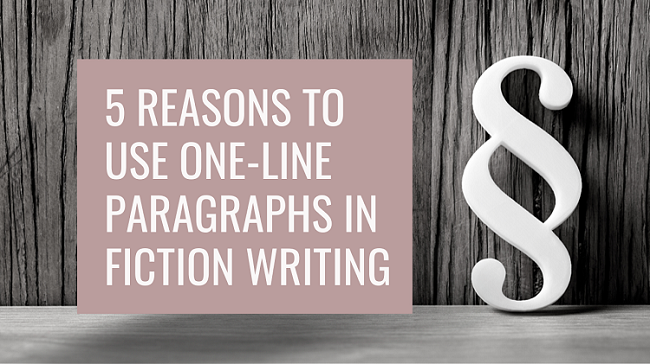
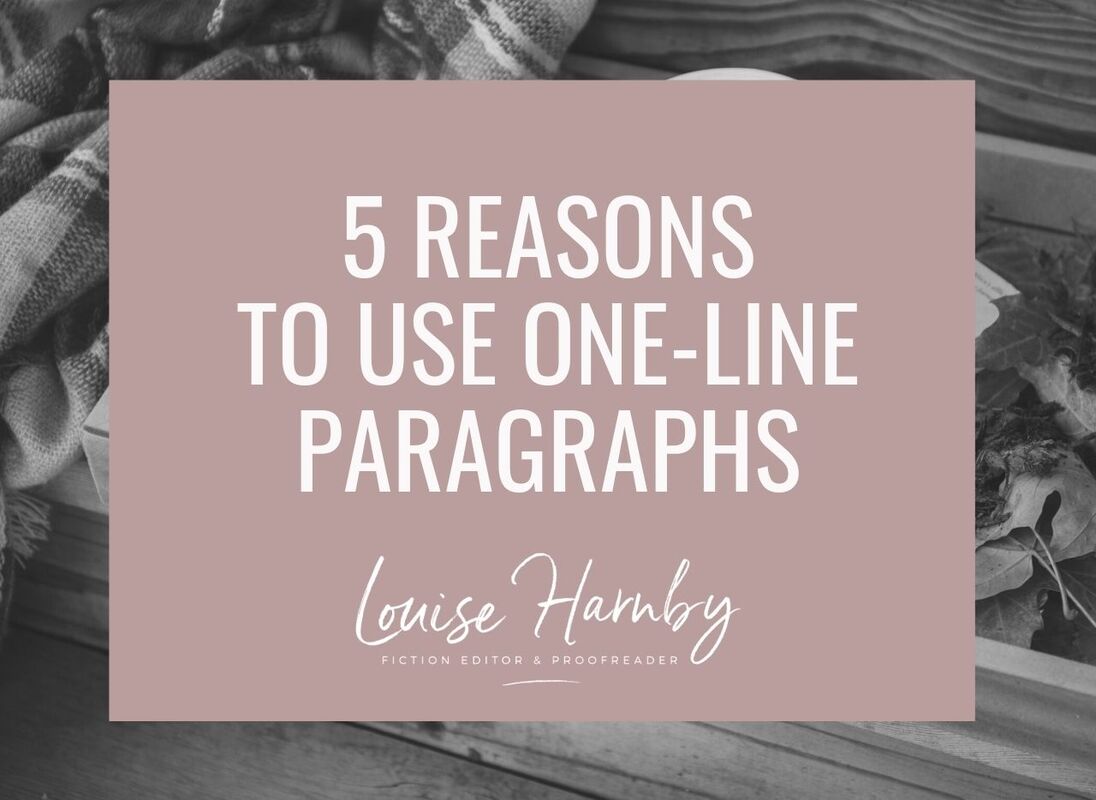
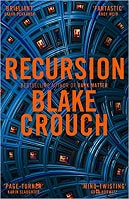
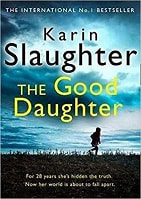
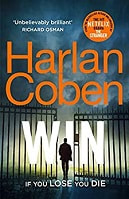
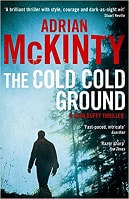
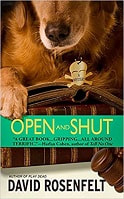
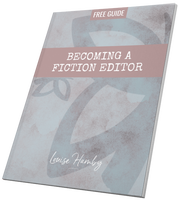
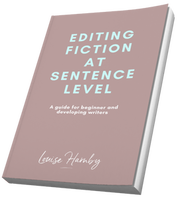













 RSS Feed
RSS Feed





